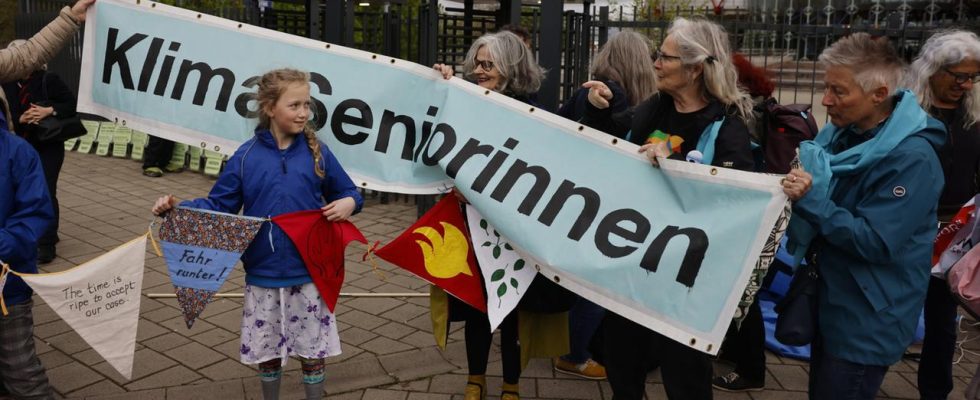comment
Climate change as a threat to human rights: The ruling by the Human Rights Court is groundbreaking; it urges states to take action on climate protection. And it can be expected that they will also obey.
“Historic” – this word was used again and again after the verdict was announced. All observers agreed that it was a historic court decision that will be talked about for a long time. Following spectacular rulings from individual countries – such as the climate decision of the German Federal Constitutional Court – guidelines have now been set for the whole of Europe.
The European Court of Human Rights does not just say bluntly: climate change is a fact and a real threat to human rights. He also says: People can sue and demand that their governments take countermeasures in court. The European judges are not satisfied with the fact that something will be done at some point. They insist on concrete, quantifiable goals and quick action.
Climate change is now also legally charged
Now this court is also emphasizing how serious a problem climate change is. And there is a certain pathos about it: it is a common concern of humanity. What is particularly interesting is that the Court is not only making this issue politically problematic in general, but is also loading it up with legal implications. Every person’s rights could be affected by this. This means: If the climate is hostile to humanity, many things from the human rights convention can no longer be guaranteed.
If older people in particular have to fear for their lives in the heat, the right to life – a central article in the Human Rights Convention – becomes worthless. This means that it is not only up to governments to politically ensure more climate protection. The law is enforceable. The courts are involved. Governments must expect that they will be controlled.
Many lawsuits will follow
The Court is rightly approaching the matter with great seriousness. The ruling will have consequences in the coming years. For now, only Switzerland is condemned. But it won’t be long before climate activists from the other 46 member states appear before the human rights court. Although these lawsuits will essentially have to be brought by associations, this will prevent the Court from being brought before thousands upon thousands. The matter is bundled like this. But the necessary associations for climate protection will form.
However, you must first have made your way through all the courts in your own country. But if there is no success at home, it is likely that they will all move to Strasbourg.
Tactics of “grueling politeness”
So a lot is happening. The European Court of Human Rights cannot itself send bailiffs to the respective countries to enforce its own judgments. It is just a court at international level that relies on the goodwill of governments to implement it. But in the past he has developed a tactic of grueling politeness in the face of unruly states such as Russia and Turkey.
States are repeatedly reminded that they still have to implement a ruling. They risk a significant loss of reputation if they do not respect human rights. So when it comes to climate protection, it can be expected that the governments of the member states will somehow obey. It is quite possible that future generations will be truly grateful to the ECHR.
Editorial note
Comments generally reflect the opinion of the respective author and not that of the editorial team.

